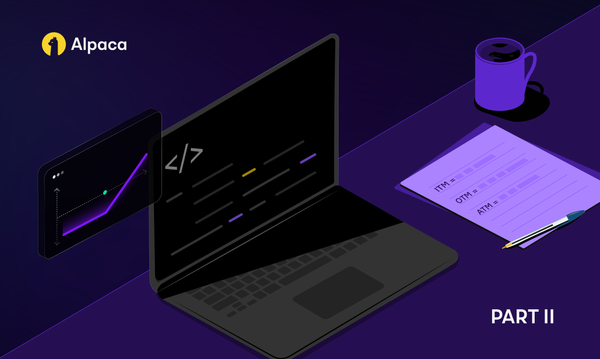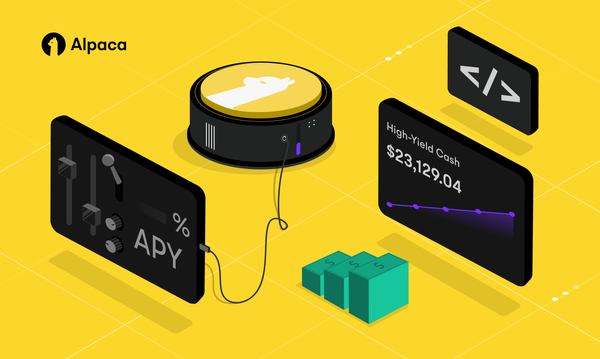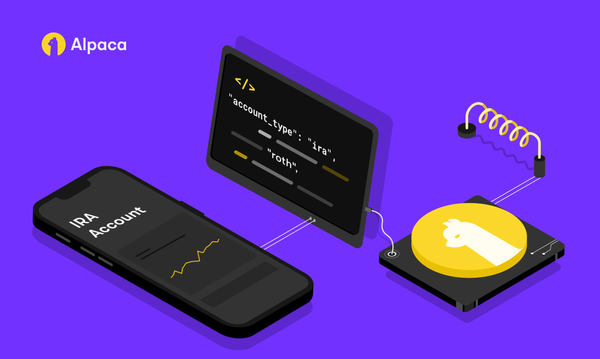What is Stagflation?
Stagflation refers to an economy marked by slow economic growth, high inflation, and high unemployment.

Stagflation refers to an economy marked by slow economic growth, high inflation, and high unemployment.¹
What causes stagflation?
Economists generally agree that supply shocks and fiscal and monetary policies are two root causes of stagflation¹. A supply shock is anything that “reduces the economy's capacity to produce goods and services at given prices.”¹ For example, a shortage of goods, services, or laborers in the workforce could create supply shocks and contribute to stagflation.¹ Poor fiscal and monetary decisions also prompt stagflation, with significant increases in the money supply being the most important.¹
What are the consequences of stagflation?
Stagflation directly impacts the affordability of household and consumer products, making it harder for households to meet basic needs.² For investors, stagflation can result in “lower profit margins due to higher input prices and lower sales.”² Moreover, it could “decrease the growth in companies’ earnings per share, which impacts stock prices.”²
Example
During the “Great Inflation” of the 1970s, unemployment and inflation rates were high. Organization of the Petroleum Exporting Countries (OPEC) declared an oil shipping embargo to the United States, causing oil prices to skyrocket by over 300 percent.²
In an attempt to mitigate stagflation, former President Richard Nixon initiated several moves to try and keep inflation low, create jobs, and protect the US dollar:
- A 90-day freeze on wages and prices
- 10% import tariff
- The removal of the US from the gold standard.
However, these moves ultimately resulted in stagflation.²
Sources
- What is stagflation? Understanding the economic phenomenon that stifled growth through the 1970s. Business Insider.
- Stagflation: Definition, Causes & Consequences. Seeking Alpha.
Please note that this article is for informational purposes only. Actual crypto prices may vary depending on the market price at that particular time. Alpaca Crypto LLC does not recommend any specific cryptocurrencies.
Cryptocurrency is highly speculative in nature, involves a high degree of risks, such as volatile market price swings, market manipulation, flash crashes, and cybersecurity risks. Cryptocurrency is not regulated or is lightly regulated in most countries. Cryptocurrency trading can lead to large, immediate and permanent loss of financial value. You should have appropriate knowledge and experience before engaging in cryptocurrency trading. For additional information please click here.
Cryptocurrency services are made available by Alpaca Crypto LLC ("Alpaca Crypto"), a FinCEN registered money services business (NMLS # 2160858), and a wholly-owned subsidiary of AlpacaDB, Inc. Alpaca Crypto is not a member of SIPC or FINRA. Cryptocurrencies are not stocks and your cryptocurrency investments are not protected by either FDIC or SIPC. Please see the Disclosure Library for more information.
This is not an offer, solicitation of an offer, or advice to buy or sell cryptocurrencies, or open a cryptocurrency account in any jurisdiction where Alpaca Crypto is not registered or licensed, as applicable.





